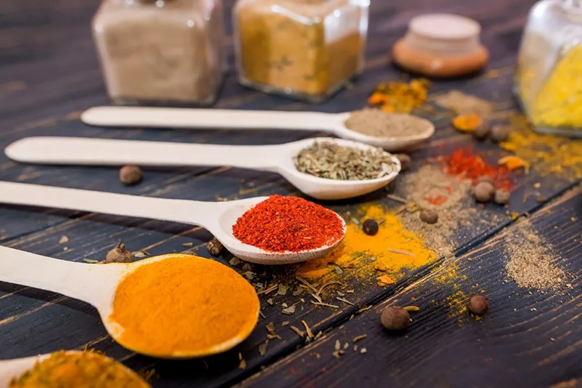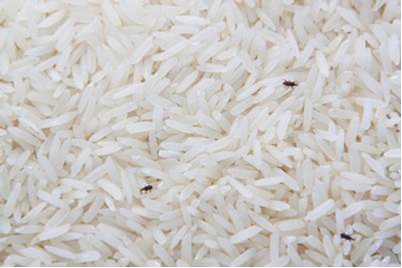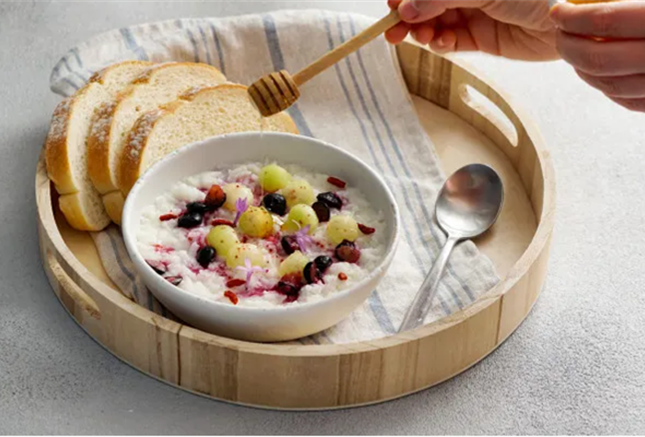Mandarin oranges are a significant part of Chinese New Year (CNY). The tradition of exchanging and eating Mandarin oranges during CNY is a symbol of prosperity and abundance. Besides consuming the fruit, dried mandarin oranges’ peel are often used in cooking. Due to the high demand for mandarin oranges during the festive season, there are concerns that excessive chemicals could be applied to make them look better and last longer, posing health risk to consumers. This article provides more information on the safety of mandarin oranges and how you can enjoy them safely.
How are Pesticides Used in Crop Cultivation?
During cultivation, farmers may use pesticides on crops to kill various pests in the environment that damage crops and reduce crop yield. Some common types of pesticides are insecticides (to kill insects) and fungicides (to kill fungi). Fungicides could also be applied post-harvest to extend the shelf life and preserve the quality of the produce during storage, transport and sale.
Pesticides can be toxic to humans when consumed at high levels and for prolonged periods. It may lead to chronic effects such as the weakening of the immune system, making one more susceptible to diseases. Hence, farmers are required to use pesticides at levels that do not cause harm to human health.
Are Mandarin Oranges in Singapore Safe to Eat?
To ensure food in Singapore is safe for consumption, SFA has regulations in place to restrict the residual amount of permitted chemicals (pesticides, vet drugs, toxins, etc.) that may remain in food. We routinely conduct tests for pesticide in food, including fruits like mandarin oranges. Food will not be allowed for sale if it fails our inspection and food safety tests.
To date, our tests for pesticides in mandarin oranges have shown that low levels of pesticide residues were mainly detected on the peel. Food safety risk is negligible. In instances when pesticide residues were detected in the flesh, pesticide residues were present at extremely low concentrations, well within safety levels. The exposure of the pesticide residues from mandarin oranges to human health is low.
Mandarin oranges must also be imported by SFA-licensed importers. Retailers must ensure that the food they sell are obtained from SFA-regulated sources, prepared or processed in a safe and hygienic manner, and do not compromise food safety.
How can You Play your Part?
Consumers can play a part to ensure that the mandarin oranges you purchase are safe to eat. Follow these tips:
Buying mandarin oranges
Ensure that the mandarin oranges are not mouldy.
Exercise caution and discretion when buying mandarin oranges online. Verify information before making purchases, and choose to buy from reputable sources.
Eating and storing mandarin oranges
Before peeling, wash the mandarin oranges (gently rubbing the surface while rinsing) to remove pesticide residues.
Do not consume any mandarin oranges that had turned mouldy.
Pre-soak dried mandarin orange peel in water, prior to cooking, to remove any pesticides residues.
Before storage, check and remove mandarin oranges with incipient soft, bruised or brown spots as they deteriorate quickly and could affect the condition of other oranges.
During storage, discard any wrappings that can trap moisture and store the mandarin oranges in a cool and dry place or in your refrigerator’s vegetable drawer.
About the Author
Herman Teo is a Senior Scientist from the Risk Assessment and Communications Department of the National Centre for Food Science. With a Masters in Food Science and Human Nutrition from the National University of Singapore, his recent work includes the regulatory framework for insects for food and feed, and examining emerging food processing risks.



